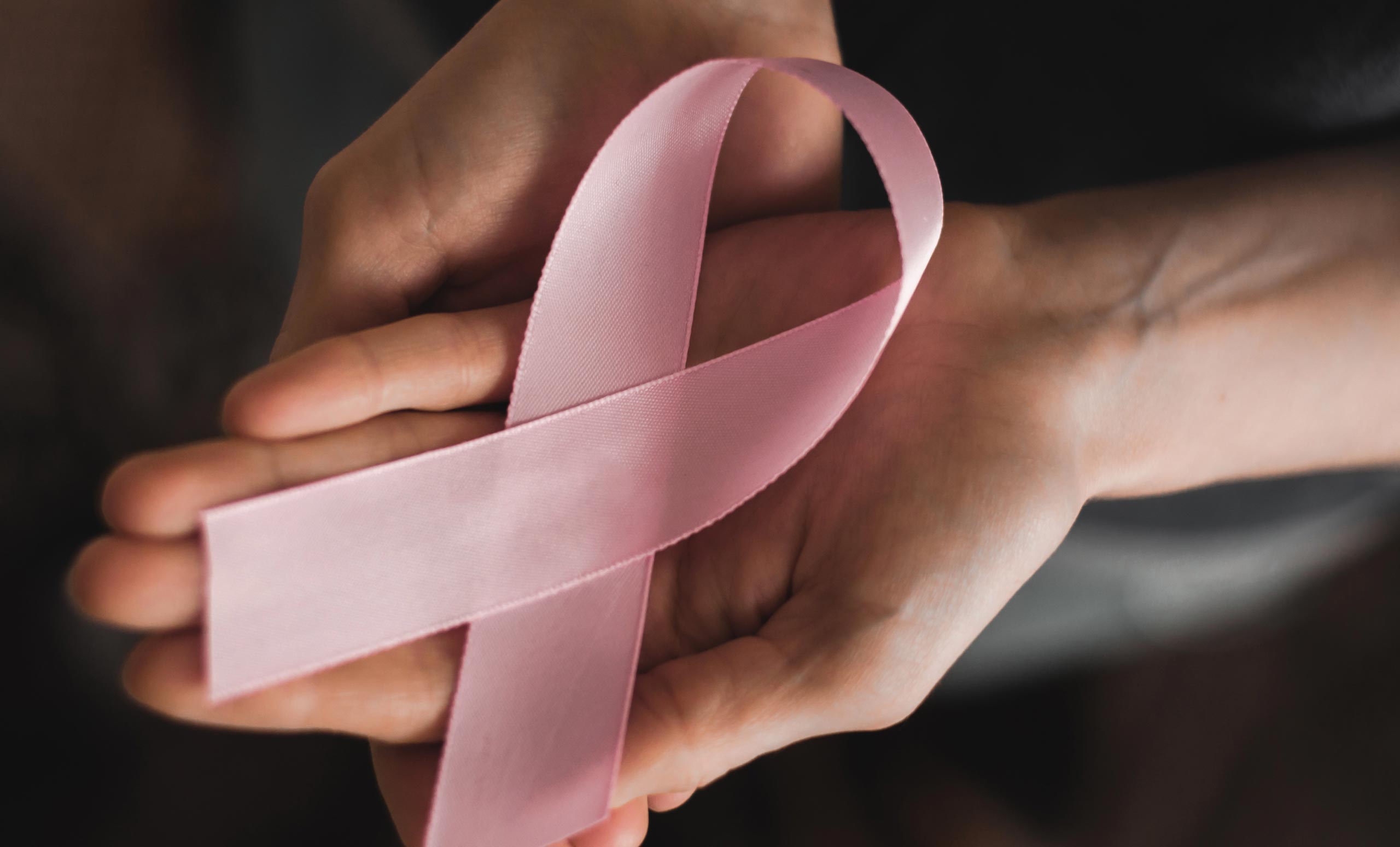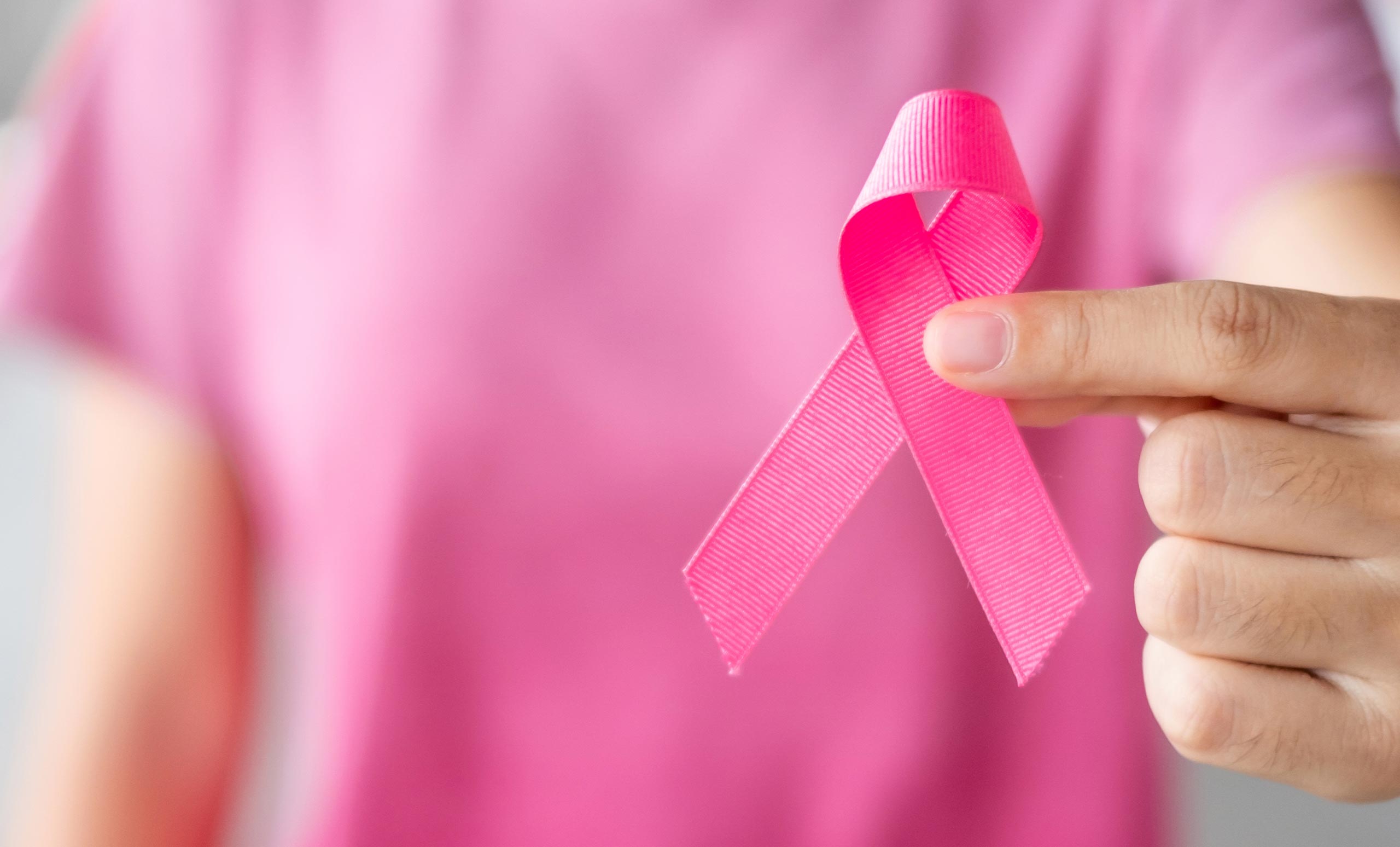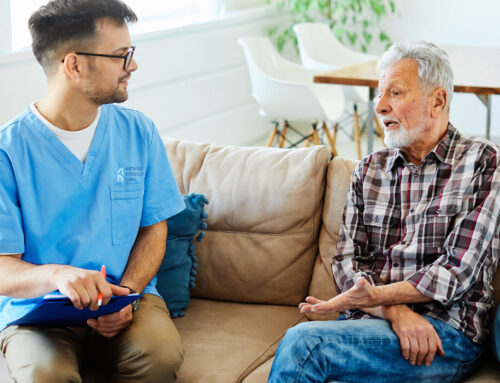Breast cancer is still the most common type of cancer in the world, affecting approximately 2.3 million people each year. It accounts for one in eight cancer cases, primarily in women, though men can be impacted too. October is globally acknowledged as Breast Cancer Awareness Month, a time dedicated to raising awareness, highlighting the benefits of early detection, and supporting those affected by this life-altering disease.
What Is Breast Cancer?
It usually originates in the glandular tissue of the breasts, particularly in the ducts or lobules. At first, the tumor is often asymptomatic and confined, making early detection difficult. However, as it progresses, the disease can spread to nearby tissue, lymph nodes, and eventually other organs, becoming metastatic or advanced breast cancer.
One of the primary challenges in battling breast cancer is that the exact causes remain unknown. Unlike some cancers that are caused by infections, breast cancer is not linked to any known infectious agents.
However, there are several recognized risk factors, such as:
Despite these risk factors, behavioral changes such as maintaining a healthy weight, limiting alcohol, staying physically active, and breastfeeding can help reduce the risk. However, these actions do not guarantee immunity from breast cancer.

Recognizing Early Signs and Symptoms
Recognizing the early symptoms of breast cancer is crucial for timely diagnosis and treatment. Symptoms of early-stage breast cancer include:
- 1Changes in the size, shape, or appearance of the breast
- 2A thickened area or lump in the breast or underarm
- 3Unexplained dimpling, redness, or cracking of the skin
- 4Sudden nipple discharge, which may be bloody
Though breast cancer is usually painless in its early stages, these symptoms should not be ignored. For early detection, it is essential to have a prompt consultation with a healthcare professional.
Treatment of Breast Cancer
When breast cancer is detected early, it is highly treatable. Treatment of breast cancer frequently involves a combination of the following methods:
For stage 4 breast cancer, the disease has spread to other organs, and while a cure is unlikely, treatment focuses on slowing progression and improving the patient’s quality of life. Stage 4 breast cancer symptoms treatments typically include a combination of soothing therapies and targeted medical treatments to manage symptoms like bone pain, fatigue, and difficulty breathing.
End-Stage Breast Cancer and Hospice Care
In some cases, breast cancer progresses to end-stage breast cancer, where treatment shifts from curative efforts to comfort-focused care. Hospice care at home for cancer patients becomes an invaluable option, especially for those whose treatment options have been exhausted.
Hospice care helps manage symptoms such as pain, nausea, depression, and anxiety, ensuring the patient’s comfort and dignity in their final days. Family members also benefit from the support provided by hospice teams, helping them with the emotional and physical toll of their loved one’s disease.

“No One Should Face Breast Cancer Alone”
In line with this year’s theme, the spotlight is on making sure that no patient or survivor of breast cancer feels isolated. Breast cancer affects not just the person but their families and communities as well. Unfortunately, disparities in healthcare access mean that many in resource-constrained settings face a higher risk of breast cancer complications due to late diagnosis and limited treatment options.
To dive into this, the World Health Organization’s Global Breast Cancer Initiative (GBCI), launched in 2021, aims to reduce global mortality by 2.5% annually by 2040. The initiative focuses on three pillars:
Why Breast Cancer Awareness Matters
October is Breast Cancer Awareness Month, a worldwide effort to promote awareness and information about breast cancer and its early detection. The campaign highlights the importance of regular breast self-exams and routine screenings such as mammograms. In the U.S., about 13% of women are likely to be diagnosed with breast cancer at some point in their lives, and almost 85% of these women have no family history of the disease. Breast cancer accounts for about 30% of all newly diagnosed cancers in American women. Men, though less frequently diagnosed, also face the risk, with less than 1% of diagnoses occurring in males.

How Can You Support the Cause in 2024?
Supporting Breast Cancer Awareness Month goes beyond wearing a pink ribbon. You can make a tangible impact by:
How Hospice Care Can Help
For patients with advanced breast cancer symptoms, hospice care offers relief for patients and caregivers managing a progressive illness. Hospice services provide holistic care, focusing on symptom management and emotional support for patients and their families. At Ascend Hospice Care, we offer specialized care to help breast cancer patients manage pain, fatigue, nausea, and other side effects of treatment. Our team of hospice professionals works alongside to create a care plan that honors the patient’s wishes while maintaining their quality of life.
As we honor Breast Cancer Awareness Month in 2024, let’s remember that no one should face breast cancer alone.




